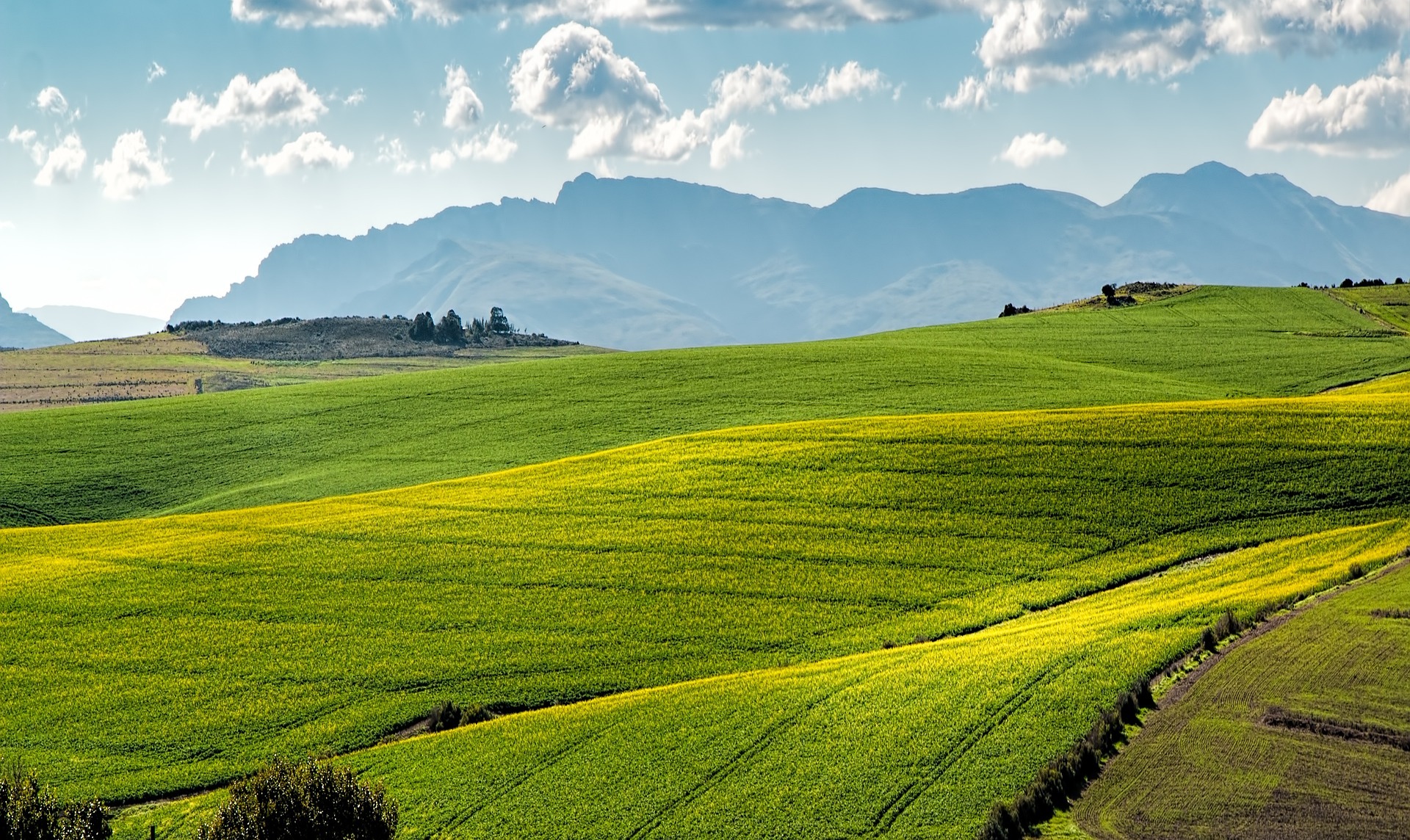An expanding network. There are now commitments from over 20 country and regional teams, composed of local knowledge institutions, who are developing science-based modelling frameworks, targets and pathways, which countries can use to assess policies relating to land-use and food systems. The Consortium lifts the ambition of participating country/regional teams by sharing knowledge and building capacity. They are also granted access to an international network of modellers with which to discuss findings and optimise analyses.
Building capacity. The country teams are currently testing and familiarising themselves with a simplified excel modelling tool developed by IIASA and shared with them in April. Once familiarised, the teams will engage in “Scenathons”: a collaborative online effort to aggregate national pathways and identify inconsistencies between the sum of national pathways and global objectives, as well as inconsistencies across national pathways. The scenathons and the underlying Excel tools will generate first results by the middle of this year, with a first set of national pathways that are consistent with global sustainable development objectives by Autumn 2018.
What next? The second all-team meeting of the Consortium will take place on 6-8th June, 2018 in Laxenburg, Austria. The meeting presents an opportunity for teams spread across the world to discuss the status of their FABLE country teams and outreach with local groups, to receive an update on the broader FOLU effort, and to receive training on the modelling and frameworks for their work.
Prior to the meeting, a training for all FABLE country teams organised by the Sustainable Development Solutions Network (SDSN) and the International Institute for Applied Systems Analysis (IIASA). Around 25 country team experts will participate in the training, from Argentina, Australia, Brazil, China, Colombia, India, Indonesia, Ethiopia, Malaysia, Russia, Rwanda, South Africa and the USA.










